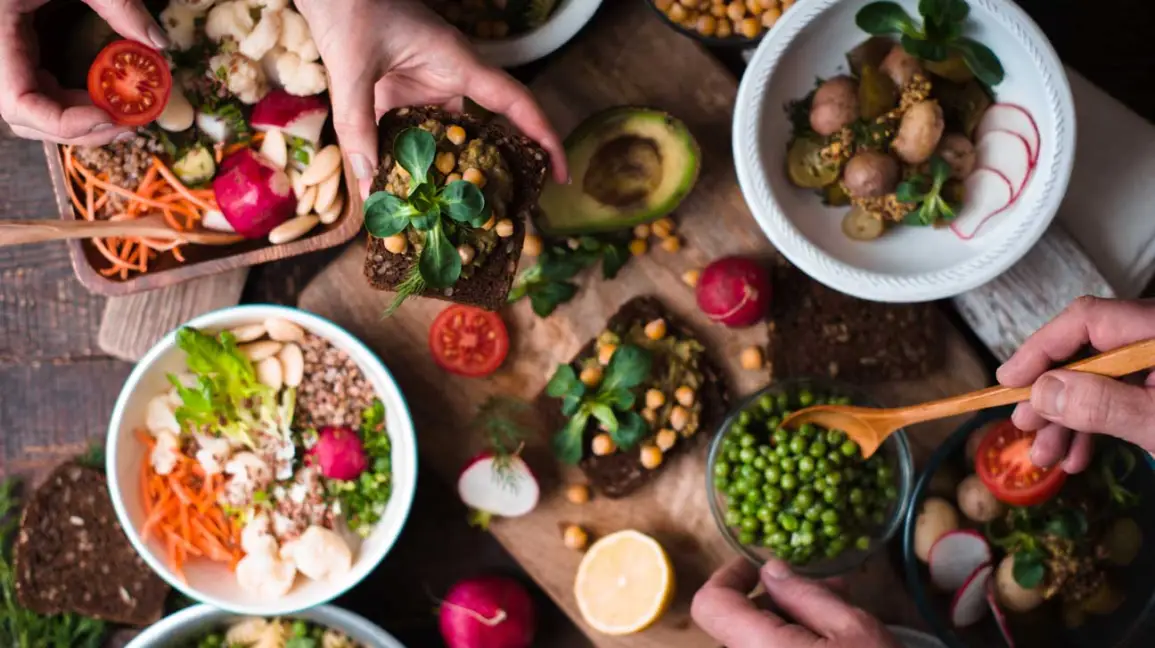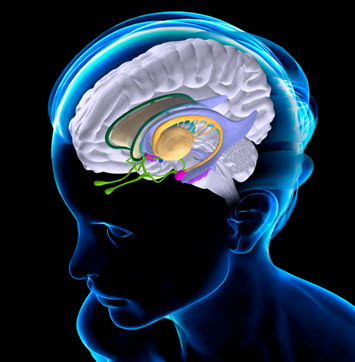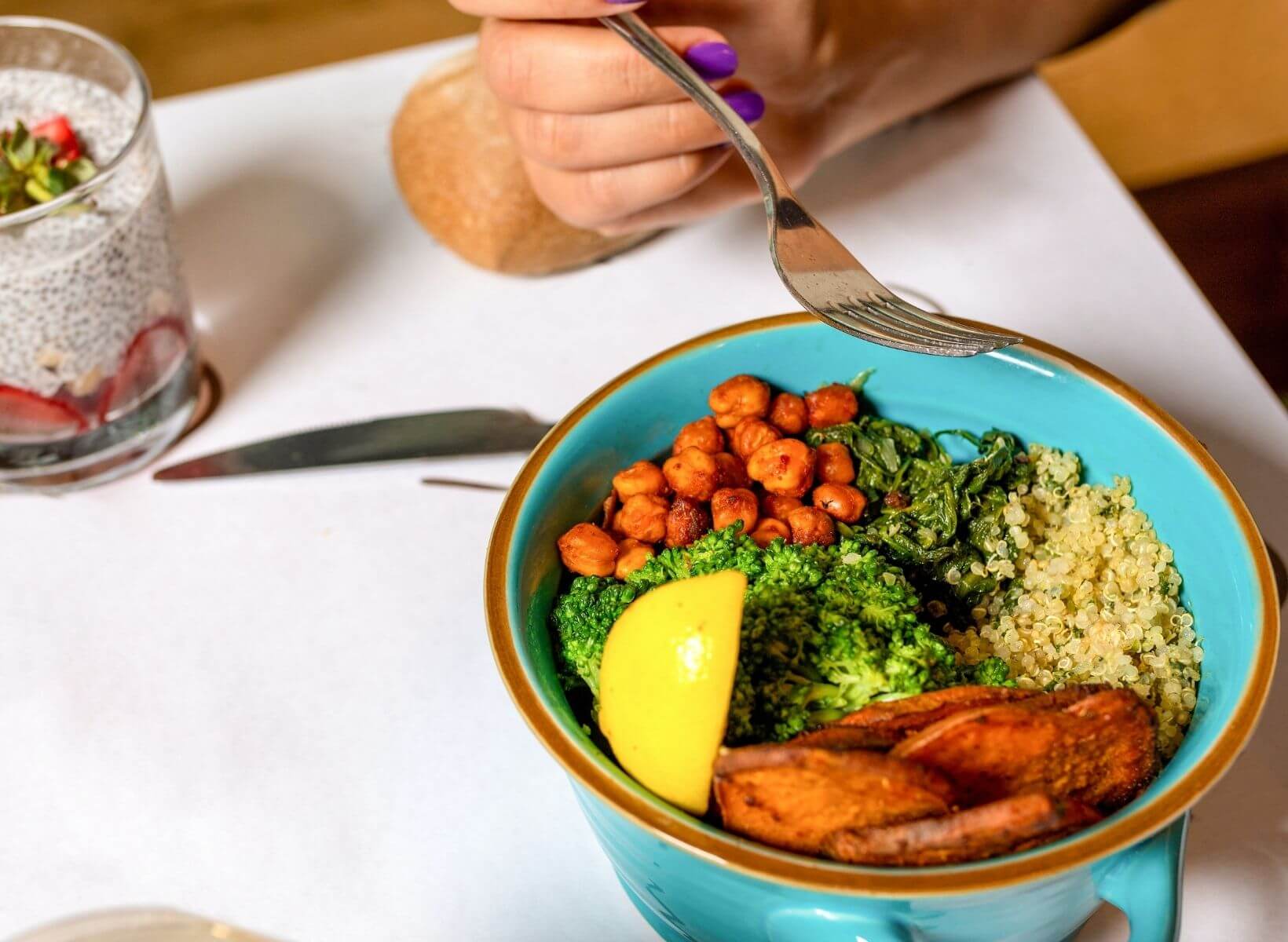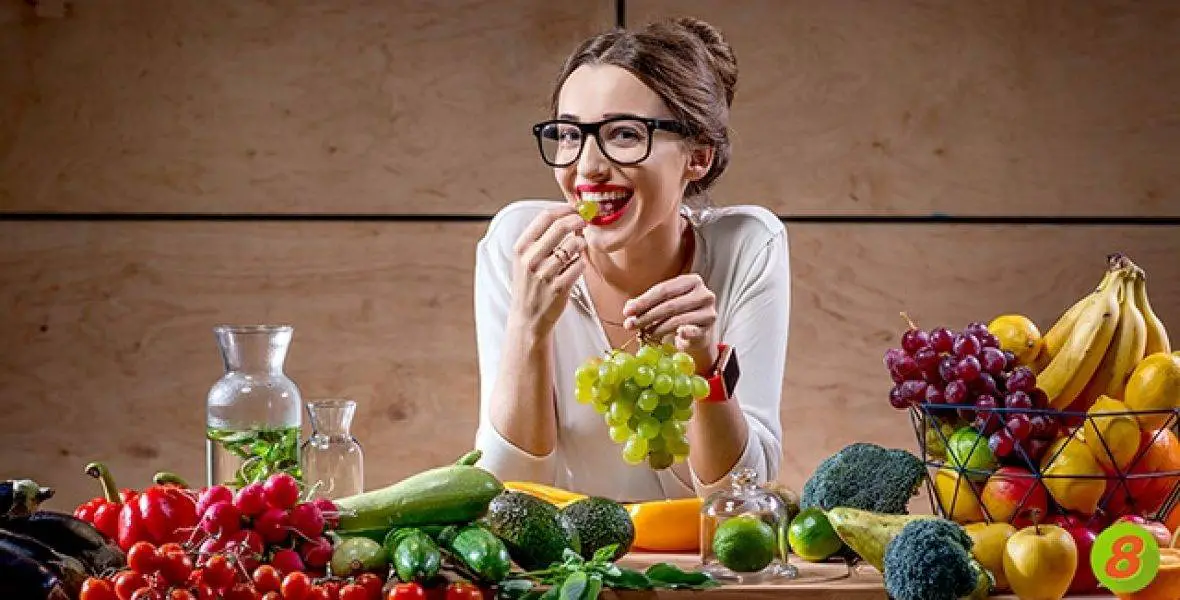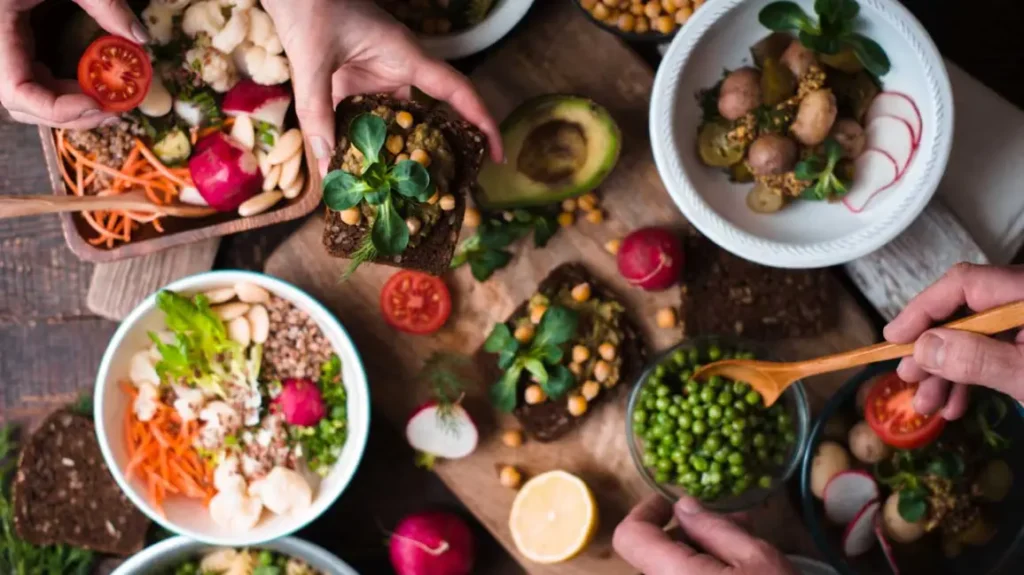
Hello, people who care about their health! Ever consider whether the foods you eat can truly raise your chances of developing cancer? In order to clarify the relationship between nutrition and cause cancer, we’re delving into this subject that has been circulating for a long.
What Is Cancer?
Tumor caused by out-of-control bodily cells are known as cancer. The structure of the body may stop functioning properly as a result of these tumors causing harm to nearby tissue. Cancer can spread to different places of the body and cause severe illness if treatment is not received.
The Role of Diet
Let’s now discuss diet. We are all aware of the need of having a balanced diet for good health, but did you also know that your diet may have an effect on your chance of developing cancer? It’s accurate! While certain dietary practices may help reduce the risk of cancer, others have been connected to an elevated risk of the disease.
Dietary Factors Linked to Cancer Risk
1.Processed Foods
2.Dietary Fats
3.Lack of Fiber
4.Red and Processed Meats
5.Sugary Beverages
6.Low Fruit and Vegetable
7.Alcohol Consumption
8.Overeating and Obesity
9.Food Preparation Methods
10.Lack of Nutrient-Rich Foods
How Diet Influences Cancer in simple way
1.Oxidative stress and inflammation: The body may experience these two conditions as a result of eating certain meals, such as fried and processed foods. This facilitates the growth and multiplication of cancer cells.
2.Hormones and Growth Factors: Certain diets have an impact on the body’s levels of growth factors and hormones. For example, consuming certain fats and sweets in excess might cause hormonal imbalances that encourage the formation of cancer.
3.Immune system: Vital nutrients for a robust immune system are found in a diet high in fruits, vegetables, and whole grains. Strong immune function aids the body in warding off cancer cells before they become tumors.
4.Weight control: A number of cancers are predisposed to obesity. A healthy weight may be maintained with a balanced diet and frequent exercise, which lowers the risk of malignancies linked to obesity.
5.DNA Damage and Repair: Certain meals, such as processed or burnt meats, contain toxins that can harm our cells’ DNA. Antioxidants, which are abundant in vibrant fruits and vegetables, aid in repairing this damage and lower the risk of cancer when consumed in a diet.
What the Research Says
Many studies have looked at the relationship between nutrition and cancer, and while the results aren’t always clear-cut, there is mounting evidence that suggests diet is important in preventing cancer. For instance, studies have demonstrated that individuals who consume a diet high in fruits, vegetables, whole grains, and healthy fats—the Mediterranean diet—had a reduced chance of developing certain malignancies than persons who consume a diet typical of the Western world.
Conclusion
Although there isn’t a 100% conclusive correlation between diet and cancer, there is growing evidence that your food choices do affect your chance of developing the disease. You may actively guard yourself against this terrible illness by leading a healthy lifestyle and making wise food decisions. Recall that every meal matters for your health.

